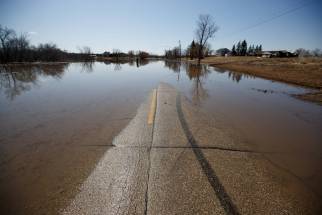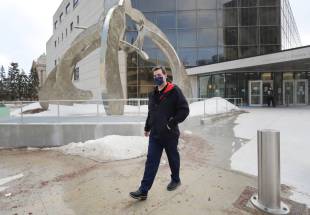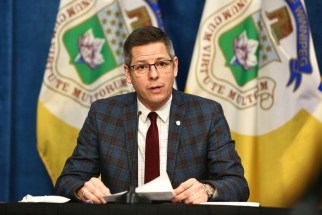Next mayor faces daunting, urgent challenges
Read this article for free:
or
Already have an account? Log in here »
To continue reading, please subscribe:
Monthly Digital Subscription
$19 $0 for the first 4 weeks*
- Enjoy unlimited reading on winnipegfreepress.com
- Read the E-Edition, our digital replica newspaper
- Access News Break, our award-winning app
- Play interactive puzzles
*No charge for four weeks then billed as $19 plus GST every four weeks. Offer only available to new and qualified returning subscribers. Cancel any time.
Read unlimited articles for free today:
or
Already have an account? Log in here »
Hey there, time traveller!
This article was published 02/05/2022 (968 days ago), so information in it may no longer be current.
Mayoral candidates in the upcoming civic election will have their work cut out for them as they face some of the toughest issues Winnipeg city hall has seen in years.
Registration for mayoral candidates opened Sunday for the Oct. 26 contest. As of Tuesday afternoon, six people have officially thrown their hat into the ring to replace outgoing Mayor Brian Bowman. More are expected to join the race in the coming weeks.
More challengers step forward for mayor’s chair
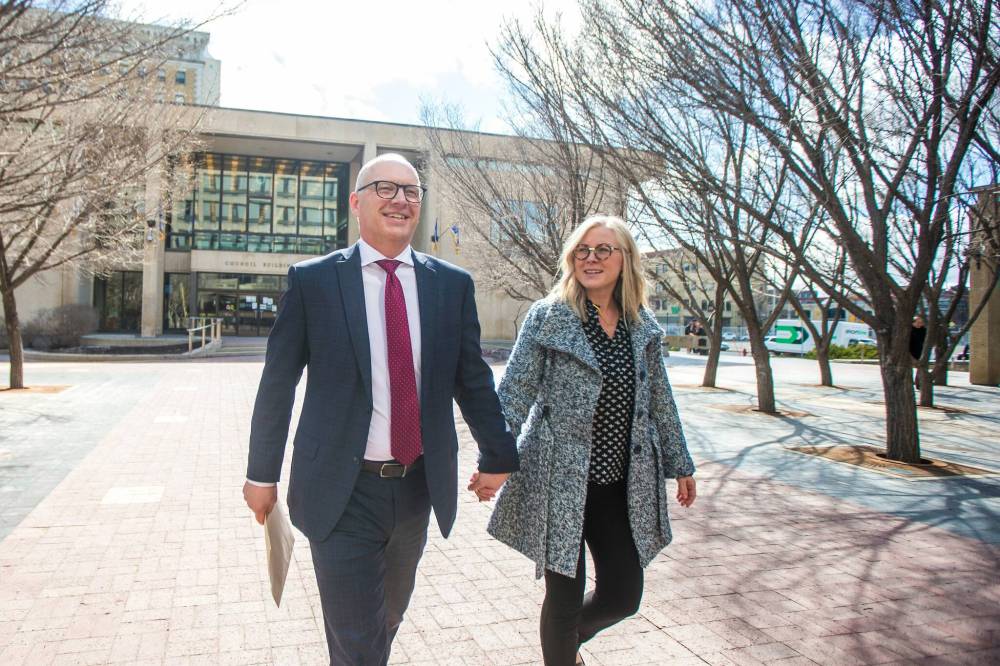
Posted:
Banking on his council experience to help him stand out in a potentially crowded race, Coun. Scott Gillingham has registered to run for mayor this fall.
The policy challenges in this civic election will be more formidable than in past ones. The COVID-19 pandemic has had a severe impact on city operations, particularly on finances. The net cost to city coffers is now estimated at $222.8 million, owing to lower revenues from transit, parking and various taxes, as well as higher costs, including increased overtime to cover employee absences from COVID-19.
The impact of the pandemic has eroded the city’s already-fragile financial circumstances. Slow growth revenues (mostly from property taxes and utility charges, which do not grow with the economy) have for decades failed to keep pace with rising city costs. That imbalance has forced the city to scramble most years to find ways to eliminate projected deficits, often by dipping into reserve accounts or cutting back on services.
The pandemic has exacerbated those challenges. The most recent projections show the city’s fiscal stabilization fund could fall below its mandated minimum balance of $71.7 million this year (equal to six per cent of operating expenditures), dropping to $51.8 million. Meanwhile, sky-high fuel prices and the effects of soaring inflation, which could put pressure on labour costs over time, will add new pressures to the city’s bottom line.
Mayoral candidates must offer voters concrete proposals on how to address those pressing issues.
The challenges facing Winnipeg Transit may be the most daunting. Ridership plummeted during the pandemic, with many people working from home and students shifting to online learning. Even with the elimination of most public-health restrictions, ridership has still not returned to pre-pandemic levels.
Transit boarding remains about 40 per cent below what it was prior to the pandemic. Even before COVID-19 hit, ridership was falling, owing in large part to unreliable service, including an increase in “pass-ups” – where scheduled buses fail to show up.
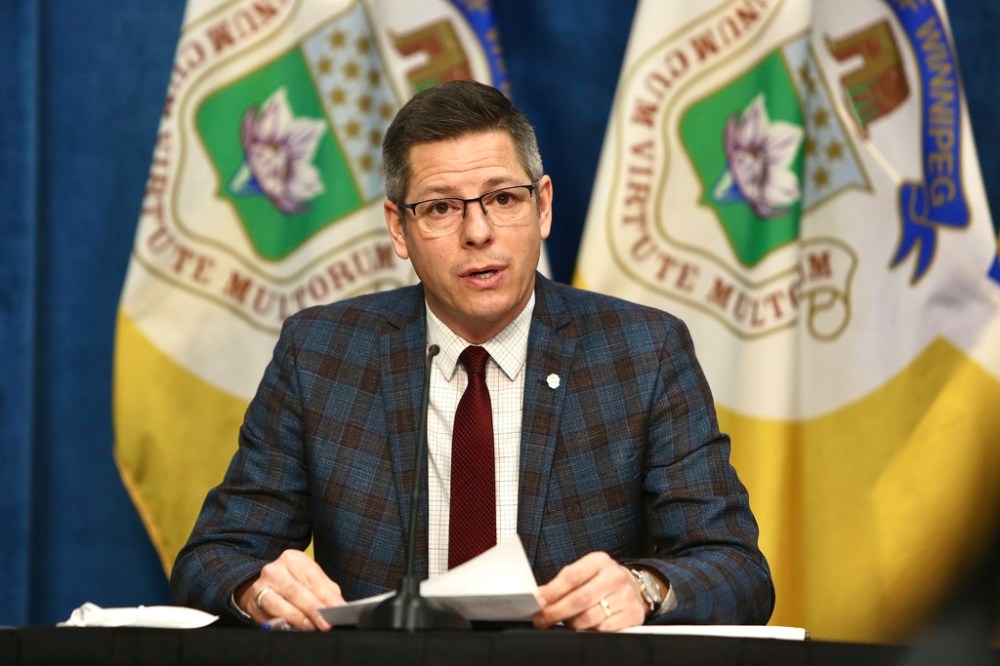
Fixing Transit should be one of the top priorities in the mayoral race, given the importance of reducing greenhouse-gas emissions, reducing wear and tear on roads and providing the public with an affordable transportation option.
Mayoral candidates should also have a strong plan on how to repair the damaged relationship between the city and the province. That relationship was severely strained under former premier Brian Pallister, whose primary focus on civic issues was to freeze municipal grants. While that relationship is showing signs of improvement under Premier Heather Stefanson, the next mayor should have a solid plan on how to rebuild those ties.
It is crucial for both levels of government to work collaboratively to find a more sustainable funding model for the city and to work jointly to fund important infrastructure projects, such as the city’s sewer and water treatment plants and the need to fix Winnipeg’s combined sewer system.
City hall is at a turning point in many areas. Whoever takes over as mayor will be faced with some of the most difficult challenges in the city’s history.



